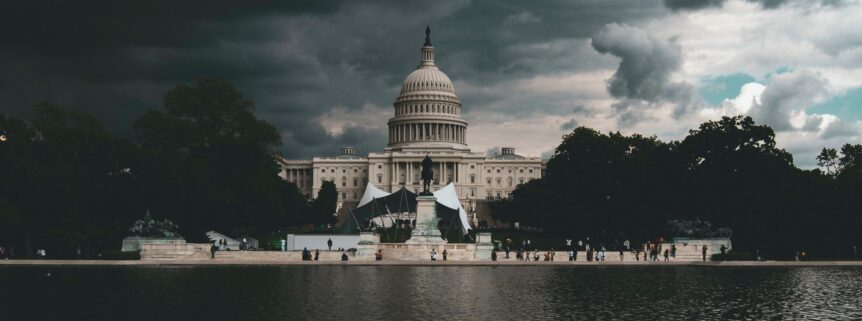
The Alibi defense in D.C.
With the government investigating our client for visiting a particular store, thereby violating a stay-away order, we were able to present an iron-clad alibi. Specifically, we provided the government with surveillance recordings and receipts proving that our client was over 40 miles away at the time she was supposedly in the store.
From the Latin for “elsewhere,” an alibi defense is based on the physical impossibility of a defendant’s guilt: the defendant could not have committed the crime because he/she was somewhere else at that same time.
A defendant seeking to introduce evidence of an alibi defense is required to notify the other government well in advance of trial. This allows the government time to thoroughly vet the circumstances related to the alibi.
In other words, unlike the drama we see on TV, there are never surprise witnesses who step in at the last minute to exonerate the defendant.
Rule 12.1 of the D.C. Rules of Criminal Procedure requires the defendant to provide advance written notice of (1) each place where the defendant claims to have been at the time of the alleged offense and (2) the name, address, and telephone number of each alibi witness on whom the defendant intends to rely.
Once the defendant has put the government on notice of an alibi defense, the government must then disclose to the defense both (1) the names and contact information of all witnesses it intends to call at trial that will place the defendant at the scene of the crime and (2) the names and contact information for each witness it intends to call to rebut the defendant’s alibi defense.
Once the defense of alibi is raised by the defendant at trial, the burden of proof is on the government to prove beyond a reasonable doubt that the defendant was present at the scene of the crime and that he or she committed its elements. Forbes v. United States, 390 A.2d 453 (D.C. 1978). In other words, this is not an affirmative defense. Rather, it is a denial of one fact which the government must prove as part of its case; namely, that it was the defendant – and not someone else — who was present at the scene of the crime. Gray v. United States, 549 A.2d 347, 349 (D.C. 1988).
In our case, the government was looking into allegations that our client had visited a particular store in violation of a stay away order. The store had turned over a date- and time-stamped surveillance recording of a woman that looked like our client.
Our client said she was 40 miles away at the time she was supposedly in the store. And, as it turns out, we were able to prove it with surveillance recordings of our own and receipts showing our client and her husband having lunch at a fast food restaurant and then picking up a few items at Home Depot.
The prosecutor apologized for the misunderstanding and entered a formal praecipe declining prosecution.
